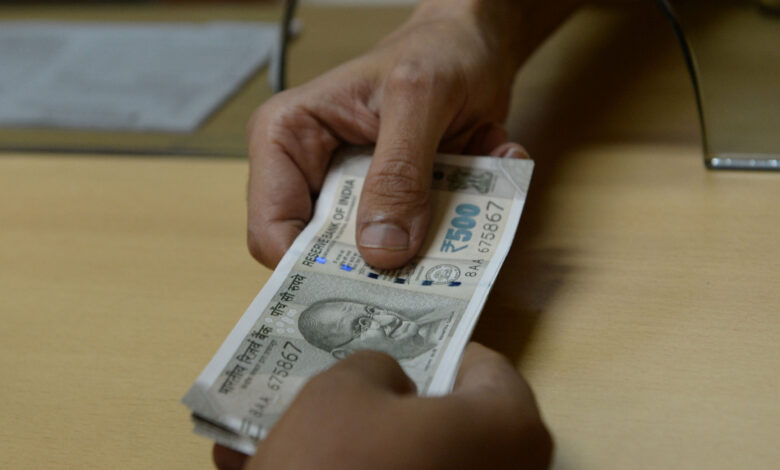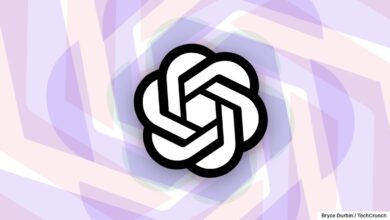India’s open commerce network expands into digital lending

Since its launch in 2022, India’s Open Network for Digital Commerce (ONDC) — a government-funded nonprofit that provides a set of APIs for tech companies and others to build new digital services for shoppers and businesses — has grown to enable 12 million monthly transactions in areas like food delivery and mobility and new services from the likes of Google and Uber. The network also helps connect Indian startups and enterprises in grocery, food delivery, and logistics domains to flight Amazon and Flipkart. Now that number stands to rise with an infusion of fintech: The ONDC is expanding into financial services, starting with APIs for digital lending.
On Thursday, the ONDC introduced credit as a new offering to offer unsecured loans to salaried and self-employed individuals.
The new APIs are significant because they underscore how India, one of the biggest developing economies in the world, is using a government-backed framework to boost both digital inclusion and tech-fueled GDP.
They also help increase efficiency. The ONDC claims that, unlike traditional loans that require a few days to complete the transaction, digital loans through the network will be delivered in six minutes.
The network has onboarded nine lending service providers, namely EasyPay, Paisabazaar, Tata Digital, Invoicepe, Cliniq360, Zyapaar, IndiPe, TyrePlex and PayNearby, as well as lenders Aditya Birla Finance, DMI Finance and Karnataka Bank, to provide loan facility to consumers.
Gradually, the ONDC plans to expand digital credit by adding more fintech players, including MobiKwik, Rupeeboss and Samridh.ai, and banks and financial institutions, such as HDFC Bank, IDFC First Bank, Faircent, Pahal Finance, Fibe, Tata Capital, Kotak Mahindra Bank, Axis Finance, FTCash and Central Bank of India.
Lending service providers and lenders on the network will use the ONDC protocol as a standardized framework to get a broader reach. While fintech platforms will get access to multiple lenders through the framework’s integration, lenders will get a number of distribution points.
“The idea of an open network eventually is that every catalogable product or service should be available on the network using this protocol by itself. It doesn’t have to go through multiple integrations,” said T Koshy, MD and CEO, ONDC, at a press event in Mumbai.
The network will use Indian government-backed services such as Account Aggregator for data, DigiLocker or Aadhaar for KYC, eNACH or eMandate for repayment and Aadhaar eSign to disperse money after verifying the debtor.
An initiative of the Indian commerce ministry, the ONDC includes a list of commercial banks among its investors, including those that will work on the digital lending service. The data coming through the network will help lenders limit instances of bad debts even while expanding their loan books.
The vast size and broad demographic reach of the Indian market make it challenging for the economy to avoid “irresponsible lending” when it scales credit access.
“We need to put responsible guardrails whenever we are scaling up. And thankfully enough, we’ve not had accidents. … But when we open it up for lending and at scale, it is very, very likely that we will have irresponsible lending also coming in,” Nitin Chugh, DMD at SBI, cautioned while speaking with Koshy during a fireside chat at the event. “Underwriting will have to be responsible, and once you open it up, financial services for the entire set of participants, we will have to have those guardrails in place so that people stay responsive.”
By the end of September, the ONDC plans to expand digital lending on its network to GST invoice financing loans. The network also aims to introduce purchase financing for individuals and sole proprietors and working capital lines for private companies. Furthermore, ONDC has insurance and investments as the other key financial offerings to provide through its network over time.
Source link



